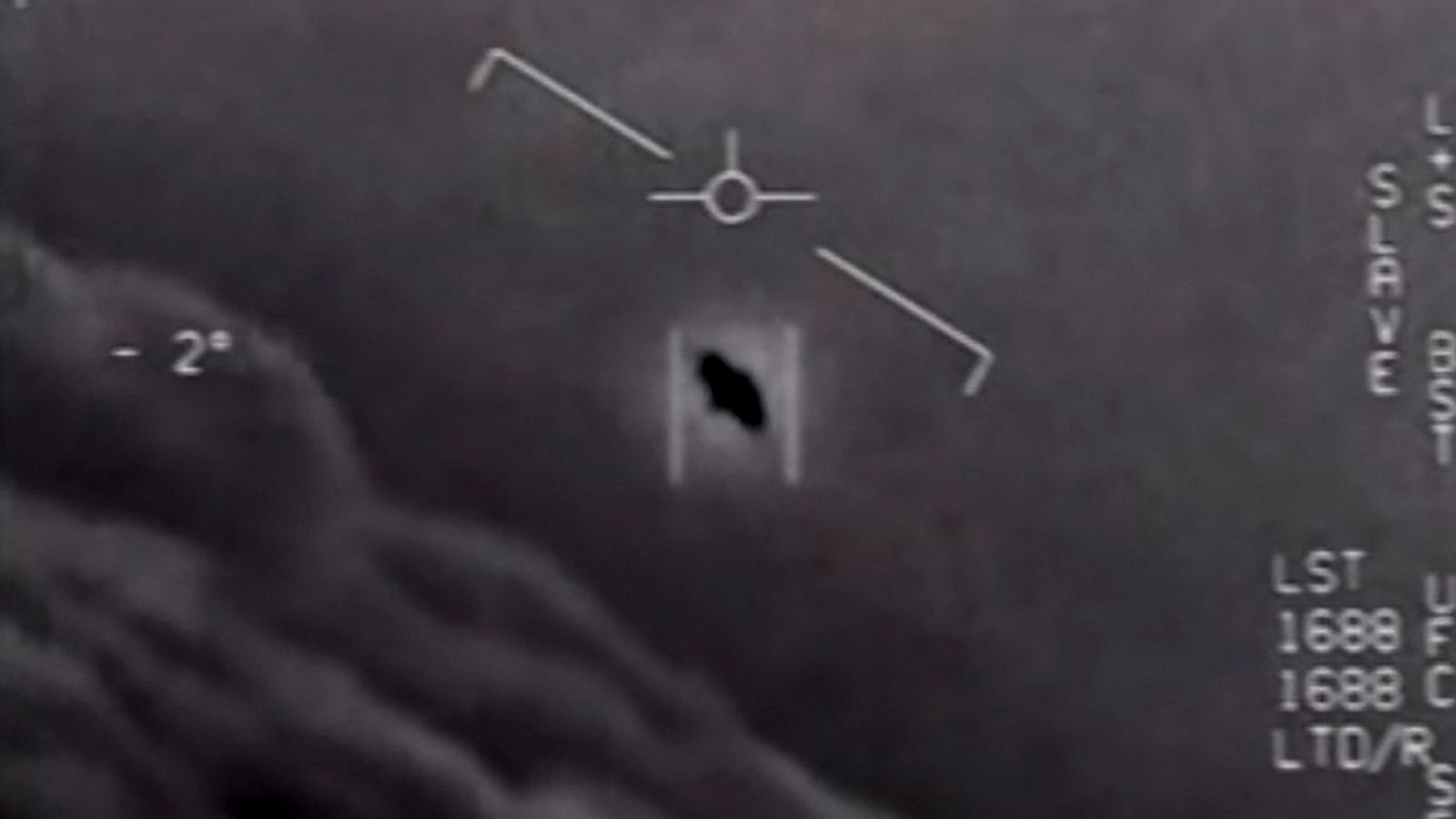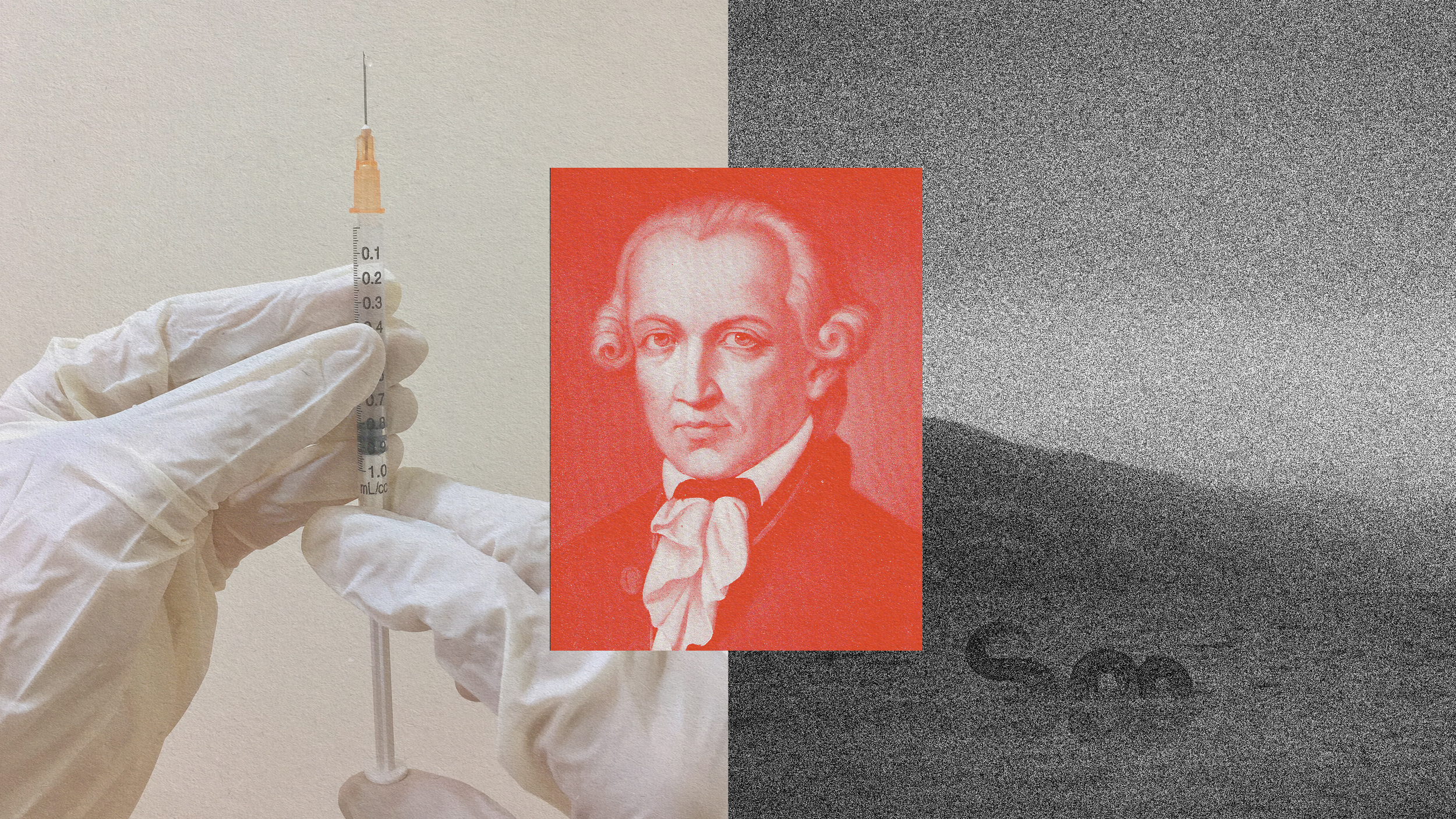“The very word ‘secrecy’ is repugnant in a free and open society”

I love a good protest song, this one by Auditory Canvas couldn’t be more salient. The tune is dubbed entirely with particularly resonant segments of John F Kennedy’s “President and the Press” address in 1961.
For we are opposed around the world by a monolithic and ruthless conspiracy that relies primarily on covert means for expanding its sphere of influence—on infiltration instead of invasion, on subversion instead of elections, on intimidation instead of free choice, on guerrillas by night instead of armies by day. It is a system which has conscripted vast human and material resources into the building of a tightly knit, highly efficient machine that combines military, diplomatic, intelligence, economic, scientific and political operations… Its preparations are concealed, not published. Its mistakes are buried, not headlined. Its dissenters are silenced, not praised. No expenditure is questioned, no rumor is printed, no secret is revealed….
….Without debate, without criticism, no Administration and no country can succeed—and no republic can survive. That is why the Athenian law-maker Solon decreed it a crime for any citizen to shrink from controversy. And that is why our press was protected by the First Amendment—the only business in America specifically protected by the Constitution—not primarily to amuse and entertain, not to emphasize the trivial and the sentimental, not to simply “give the public what it wants”—but to inform, to arouse, to reflect, to state our dangers and our opportunities, to indicate our crises and our choices, to lead, mould, educate and sometimes even anger public opinion. This means greater coverage and analysis of international news—for it is no longer far away and foreign but close at hand and local. It means greater attention to improved understanding of the news as well as improved transmission. And it means, finally, that government at all levels, must meet its obligation to provide you with the fullest possible information outside the narrowest limits of national security… And so it is to the printing press—to the recorder of man’s deeds, the keeper of his conscience, the courier of his news—that we look for strength and assistance, confident that with your help man will be what he was born to be: free and independent.”
– President John F Kennedy
Kennedy goes on to debate the balance between free speech, secrecy and national security. It’s stunningly relevant now, half a century later.

Sign the petition to Pardon Edward Snowden.
Image Credit: Adapted from photo from University of Michigan School of Natural Resources and Environment
To keep up to date with this blog you can follow Neurobonkers on Twitter, Facebook, RSS or join the mailing list.





